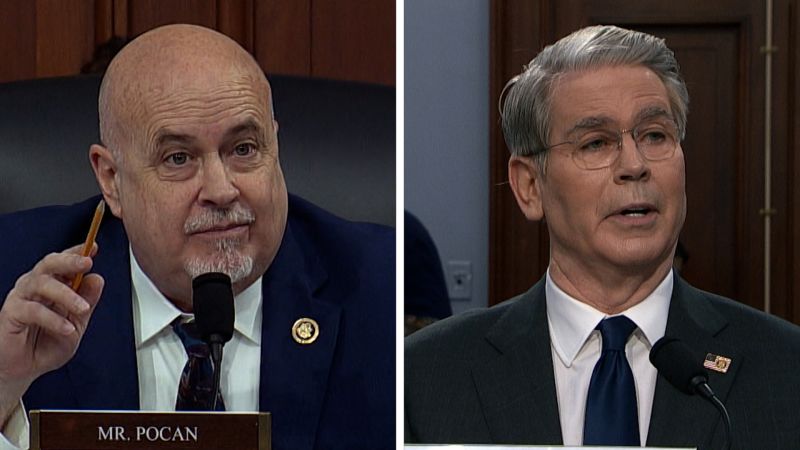Tariff Showdown: Democrat Challenges Bessent on Trade Cost Burden

During a recent congressional oversight hearing, Representative Mark Pocan of Wisconsin challenged Treasury Secretary Scott Bessent on the economic impact of tariffs, shedding light on a critical aspect of trade policy that directly affects American consumers and businesses.
The hearing revealed a key economic mechanism: when tariffs are imposed, importing businesses are the first to bear the financial burden. These companies are initially responsible for paying the additional taxes on imported goods. However, the financial strain doesn't stop there. Many businesses ultimately pass these increased costs down the supply chain, resulting in higher prices for everyday consumers.
This complex economic dynamic means that while tariffs are presented as a tool to protect domestic industries, the real financial weight often falls on American businesses and, by extension, the consumers who purchase imported goods. Rep. Pocan's pointed questioning highlighted the nuanced economic consequences of trade policies that can seem straightforward on the surface but have far-reaching implications for the economy.
